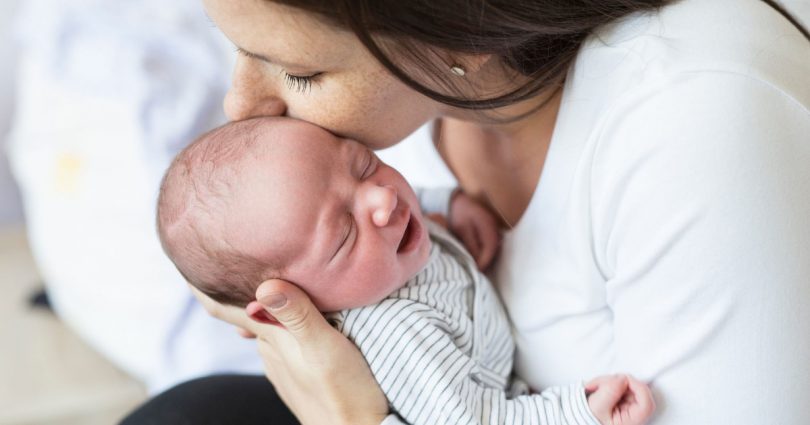
The mother-baby bond is crucial. Photo: File.
The Workplace Gender Equality Agency last week reported that three-in-five employers are now offering paid parental leave, with most making paid leave equally available for both parents.
The growth of parental leave is to be lauded. WGEA Director Mary Wooldridge said access to paid parental leave had significant health and wellbeing benefits for families and the community.
“Studies show that adequate parental leave can lead to lower infant mortality rates, increased breastfeeding rates, improved health outcomes for mothers and higher female labour force participation,” she said.
As a father who had to use annual leave to be at home after the birth of his children, specific parental leave would have been welcome.
But the Agency’s unquestioning emphasis on gender neutrality and backing for fathers to have equal access to leave as the primary carer is concerning.
It suggests that more employers should be offering leave regardless of gender, ensuring men are encouraged to take leave as the primary carer.
And the Agency seems to lament that despite paid primary carer’s leave becoming increasingly available to both men and women, only 12 per cent of those who take it are men.
“We’re all parents,” Ms Wooldridge said.
Normalising men being more involved in the raising and caring of children is a good thing, for them, their partner and society in general.
But this increasingly fashionable suggestion that the roles of mother and father are interchangeable despite biological realities and the scientific evidence is disturbing.
It suggests that somehow a woman who has carried a child and given birth, who is the only one who can provide the best protection and nutrition for her baby and whose bond with that baby is paramount to its development of self, can be seamlessly replaced by dad.
She can’t be.
The first few months of a child’s life are not just special in some vicariously emotional way but crucial to both their and the mother’s wellbeing.
Being there to support a partner recover from birth and bond with baby, often in mundane ways, is important, but a father cannot and should not usurp that primary relationship, unless in exceptional circumstances.
A gender-neutral approach, as the WGEA seems to be encouraging, can lead to an undermining of the mother-baby relationship, shorter not longer breastfeeding, and women returning to work prematurely with the potential for poorer health outcomes, opposite to the key benefits listed earlier which relied on the mother being at home with her baby.
There may be value in a father taking leave as a primary carer later if the mother goes to or returns to work, but the WGEA does not make any qualifications about this.
This interchangeability can be done, but that does not mean it comes without cost.
Parental leave has been an outstanding achievement and should continue to develop to meet the needs of all workers and their families, but more thought should be given to the consequences of the language organisations such as the WGEA uses.
In the quest for equity, surely we can do better than neutrality, so we can celebrate our differences and the distinct gifts we bring to our relationships and families.





















